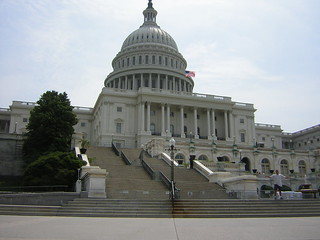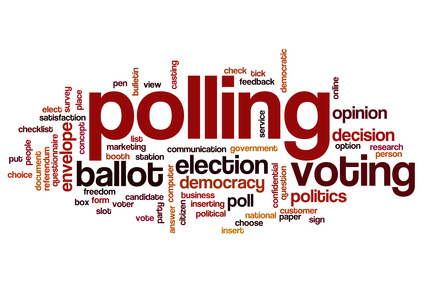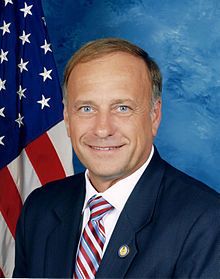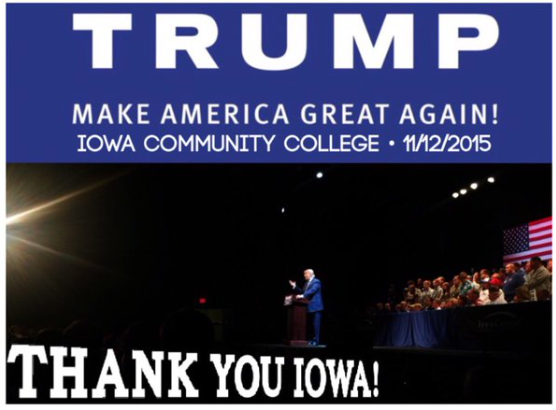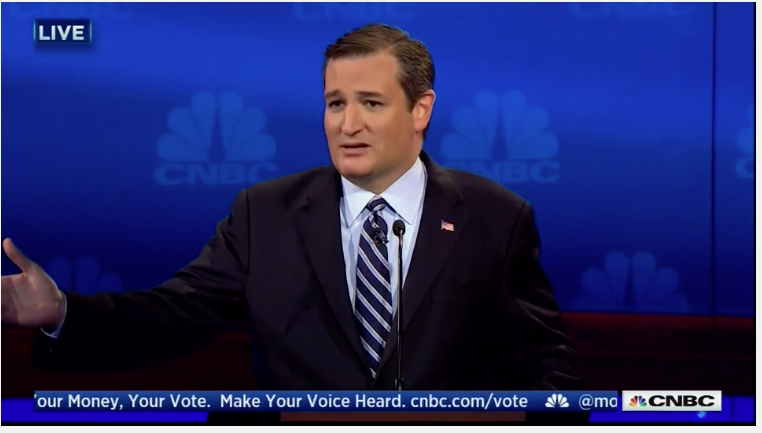Polls have closed in a few of the Super Tuesday primary states, so here’s a thread for any comments about the Democratic or Republican presidential contests. I will update this post periodically with results. So far Virginia and Georgia have been called for Hillary Clinton, while Vermont was called for Bernie Sanders. In his victory speech, Sanders vowed to take his fight to every one of the 35 states that have not yet voted.
On the Republican side, Donald Trump is the early winner in Georgia and is expected to win most of today’s primaries and caucuses. However, the size of his delegate lead will depend greatly on how many other candidates exceed the threshold for winning delegates in various states. Guest author fladem’s post on Republican delegate scenarios is essential reading, in case you missed it yesterday.
UPDATE: A disappointing night for the “Stop Trump” forces. (By the way, who was it who said, “whenever you hear about a ‘Stop X’ campaign, bet on X?”) Ted Cruz won Texas and Oklahoma, Marco Rubio won Minnesota, and Trump looks likely to sweep the rest of the states. John Kasich and Rubio split enough moderate votes to give Trump the win in Vermont and perhaps also in Massachusetts. Rubio may not hit the 20 percent threshold needed to win any delegates in some of the southern states. Trying to put a good spin on the results, Rubio told CNN that “this was supposed to be Ted Cruz’s big night” and depicted himself as the only person who can stop Trump from winning the GOP nomination. The look on his face when Jake Tapper asked him whether he was in denial was priceless.
New Jersey Governor Chris Christie didn’t look very happy at Trump’s victory party. The times being what they are, Christie’s face spawned immediate memes and caption contests. So far this is my favorite: “That moment when you realize you misunderstood literally every Bruce Springsteen song.”
Clinton had a very big night. Sanders is on track to win just four states: Vermont, Minnesota, Oklahoma, and Colorado. Massachusetts was probably a must-win for him. According to Nate Silver, “Clinton is running ahead of her benchmarks by an average of 16 percentage points tonight, which is equivalent to her holding a 16-point lead over Sanders in national polls.”
Twitter user Xenocrypt (who long ago posted a fascinating piece here) commented tonight, “A socialist won in Oklahoma! Just like old times. Really, really old times.” Turns out Oklahoma had one of our country’s strongest socialist parties a hundred years ago.
Clinton won the four states awarding the most delegates by large margins. Nate Cohn commented, “The biggest lesson of the Sanders campaign is that there is no progressive/left majority in the Democratic Party without black voters.” Farai Chideya speculated, “Pragmatism about black political interests and how the game is played is likely the primary factor [in Clinton’s overwhelming margin among African-Americans], since Sanders has also spoken to issues of core interest to black voters.”
WEDNESDAY MORNING UPDATE: In the UK, they would call this “a right royal mess” for Republicans. By splitting the establishment vote, Kasich and Rubio allowed Trump to win Vermont and Virginia by narrow margins. Trump also barely won Arkansas. Cruz picked up Alaska, despite Sarah Palin’s Trump endorsement. Rubio missed the cutoff for at-large delegates in Texas and Alabama. Cruz outperformed his recent polling numbers to win Texas by a wide margin. One unofficial delegate count puts Trump at 338, with 233 delegates for Cruz, 112 for Rubio, 27 for Kasich and 8 for Carson; full spreadsheet here.
According to Dave Wasserman of the Cook Political Report, Clinton easily surpassed the number of delegates she needed to put her on track to win the Democratic nomination.
Former New Mexico Governor Gary Johnson, who ran for president as a Libertarian in 2012 and is doing so again this year, said in a statement I’ve enclosed below that he “may have won Super Tuesday,” because more voters will be looking for a third-party alternative to Clinton or Trump.







